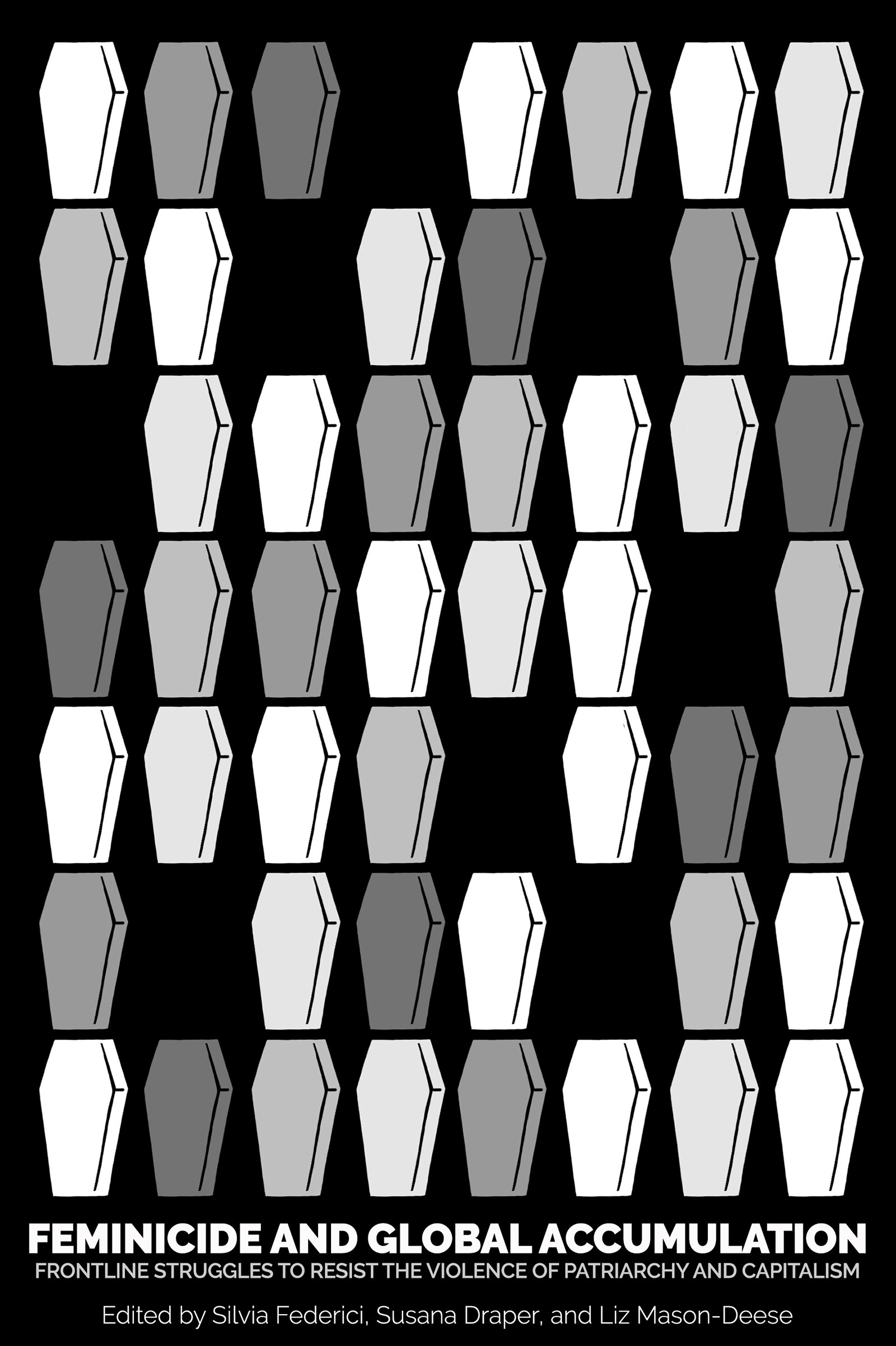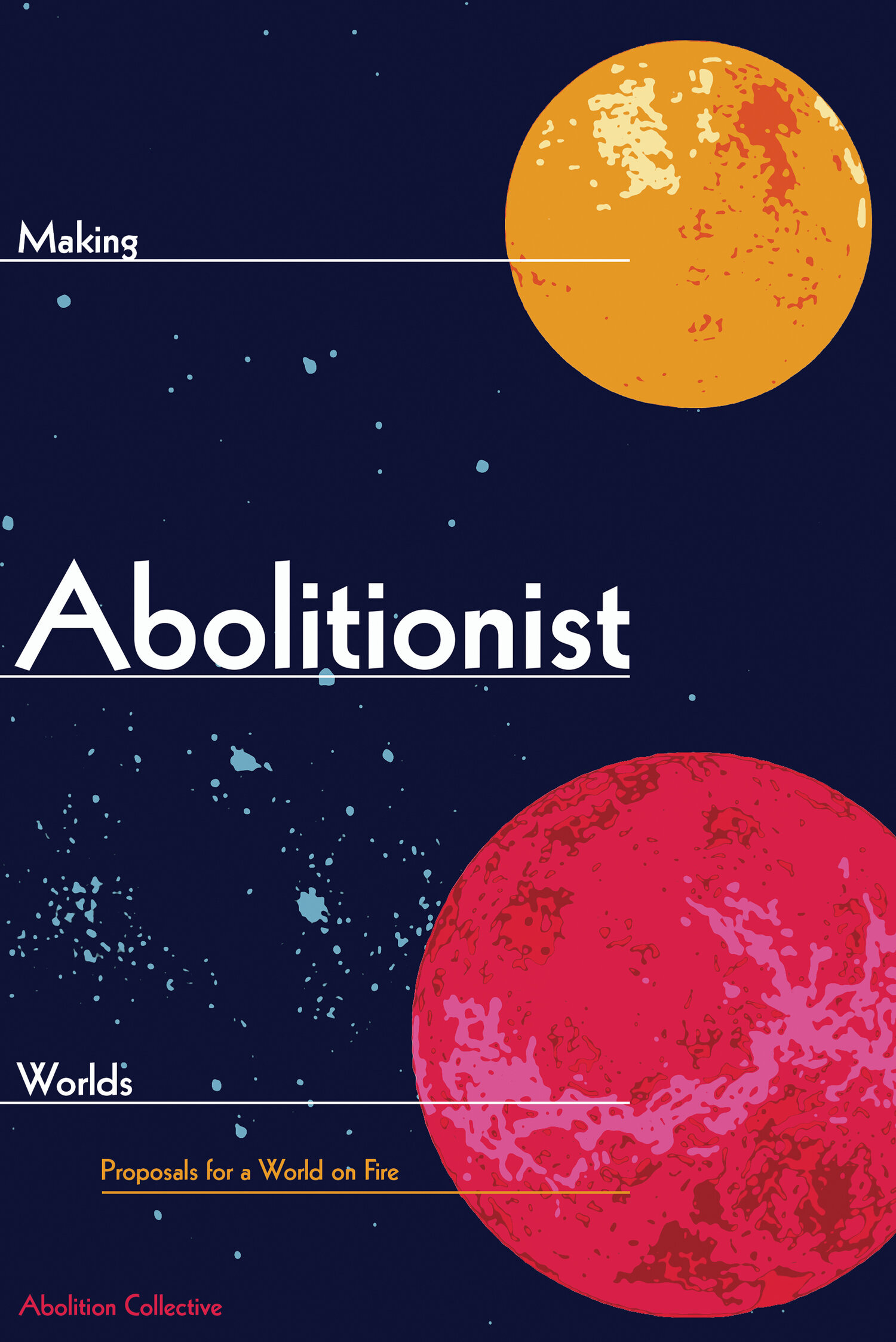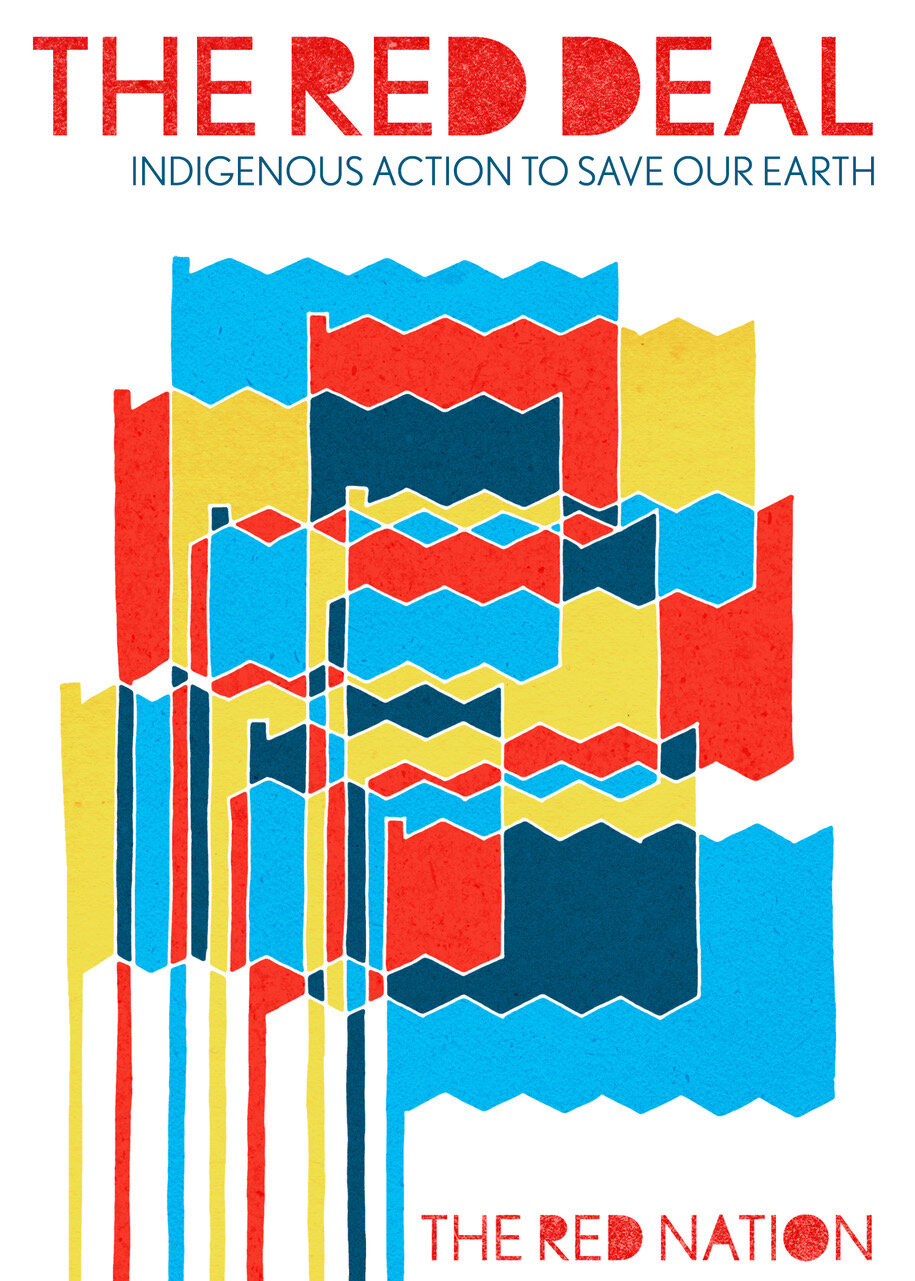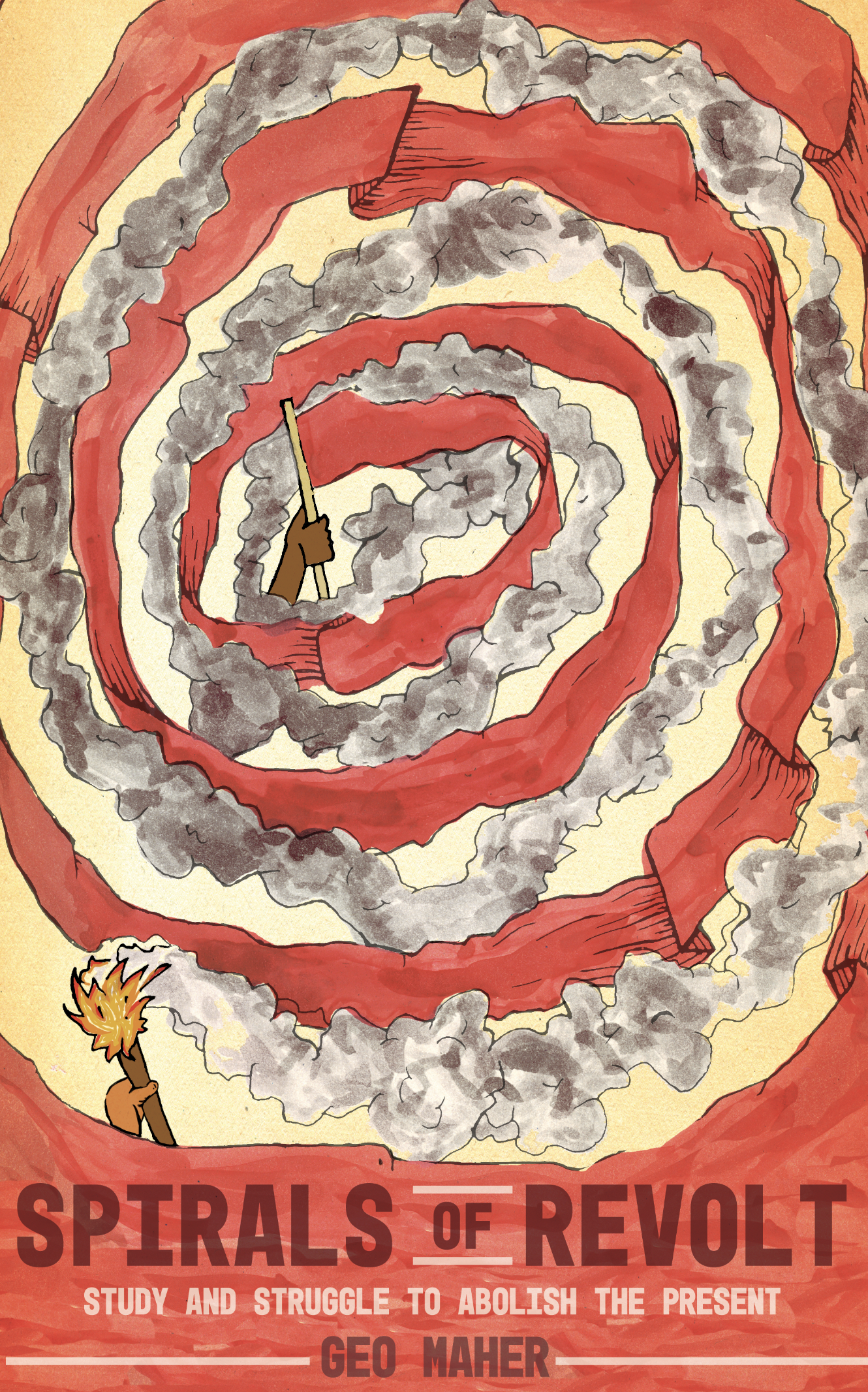Notes On Becoming a Comrade
Jaskiran Dhillon
A powerful call-to-action that explores the risks we must take and the solidarity we must practice for us all to be free.
Many people are searching for how to answer the call for social justice in politically responsible ways—while navigating the tricky landscape of identity politics, allyship, and meaningful solidarity. How do our political commitments to freedom depend on awareness of others’ stories and histories in a damaged world so interlaced with violence and oppression?
Addressing this question through an anticolonial, internationalist feminist framework, Notes on Becoming a Comrade charts a visionary path from diverse walks of life to a shared project of liberation. In humble, generous, lithe prose Dhillon brings her experiences to life—foregrounding relationality, trust, humility, critical self-reflexivity, and learning as the cornerstones of being a good comrade in struggle.
Notes on Becoming a Comrade showcases the myriad responsibilities we all have to fight against colonialism and global capitalism. Dhillon explicates how Indigenous sovereignty, revolutionary environmentalism, feminism, and abolition all converge in a global, active, and growing anticolonial and anticapitalist movement that relies on good comrades standing shoulder-to-shoulder in all corners of the world.
PRODUCT DETAILS
Author: Jaskiran Dhillon
Publisher: Common Notions
ISBN: 9781942173465
Published: *Forthcoming 2024
Format: Paperback
Size: 5 x 7
Page count: 144
Subjects: Solidarity/Feminism/Internationalism
About the Author
Jaskiran Dhillon is a first-generation anticolonial scholar and organizer born in Treaty Six Cree Territory in Saskatchewan, Canada. She is associate professor of global studies and anthropology at The New School in New York City and author of Prairie Rising: Indigenous Youth, Decolonization, and the Politics of Intervention and the coeditor of Standing with Standing Rock: Voices from the #NoDAPL Movement.
FROM THE BOOK
As settlers of color who have done the self-education to know that the lives we lead are intimately interlinked with ongoing Indigenous dispossession, it behooves us to confront the wild contradictions that frame our lives. “The only way to escape complicity within settlement is active opposition to it.” Where are the decolonial points of rupture in the state systems in which we find ourselves? How do we actively work to foster and care for the existence and persistence of decolonial potentiality within our present world? What risks are we willing to take?
Settler colonialism feeds on the politics of division, dissonance in consciousness, and accelerated exploitation fueled by shock capitalism. Settler states have no interests in non-Indigenous people identifying with Indigenous movements for the very simple reason that it opens one’s eyes to the processes of settler capitalist accumulation that are only possible through Indigenous erasure and elimination, thus exposing a system of white supremacy that, while it operates differently, comes at the expense of all of us. Settlers of color have an opportunity to “listen, learn, and act in relation to colonial difference alongside assertions of Indigenous Sovereignty and nationhood”—to willingly engage in the difficult yet essential work of transforming the colonial relationship upon which settler states thrive, mutate and reproduce themselves. Turning back to the spinning question of “where do I fit,” I fit in the messy terrain of the unmaking of settler colonies like Canada and the United States as “white settler possessions.” I fit in the political space of situating myself on occupied Indigenous land and being in respectful relationship to Indigenous ways of doing things. I fit in a decolonial social movement sustained by Indigenous women who are leading the way.
This, for me, is no longer a choice but a political responsibility I have come to enact over time. It is naive to assume we won’t make mistakes, that there will not be moments of fracture and dissension. But I believe we can find our way through these moments if our thoughts and actions are informed by accountability and a sincere desire to “stand with” our Indigenous comrades—productive critique that catapults us into strength instead of weakness, that unites instead of breaks apart. This means that this movement must be accountable to Native people by considering another moment in time when a different arrangement of land and life reigned—“a way of living—often antithetical to an anthropocentric view—that predates the settler state.” In a recent exchange I had with my sister comrade Siku Allooloo around these big questions of politicized allyship, she told me, “Just as solidarity is ‘a sustained lifelong commitment,’ so is transformation, and I believe that both must necessarily begin with the individual as they commit themselves in relationship to Indigenous peoples and to both our shared and respective struggles.”
This is powerful insight.
I hold the lessons I have learned, the teachings I have been given, and the stories that have been shared with me by the formidable Indigenous women I have met through my personal and political journey of building solidarity, with intense care and attention and respect. I do so because these intellectual, organizing, and spiritual experiences have taught me how to be a better human being, how to open up my imagination to the possibility of another kind of social existence, and how to bring that existence into the material form through my everyday actions and commitments. And I pass these stories of luminescence, this cumulative wisdom inherited through the generations, this ability to stand up against the rapid planetary reordering of our world that privileges few over many—ultimately, this insight into what humanity can be— onto my two daughters so they too will carry it with them, into the future and beyond.
This is a new kind of uprising, built on relationality, trust, humility, critical self- reflexivity, and learning, that requires us to be our bravest and best selves.
Until all of us are free.





